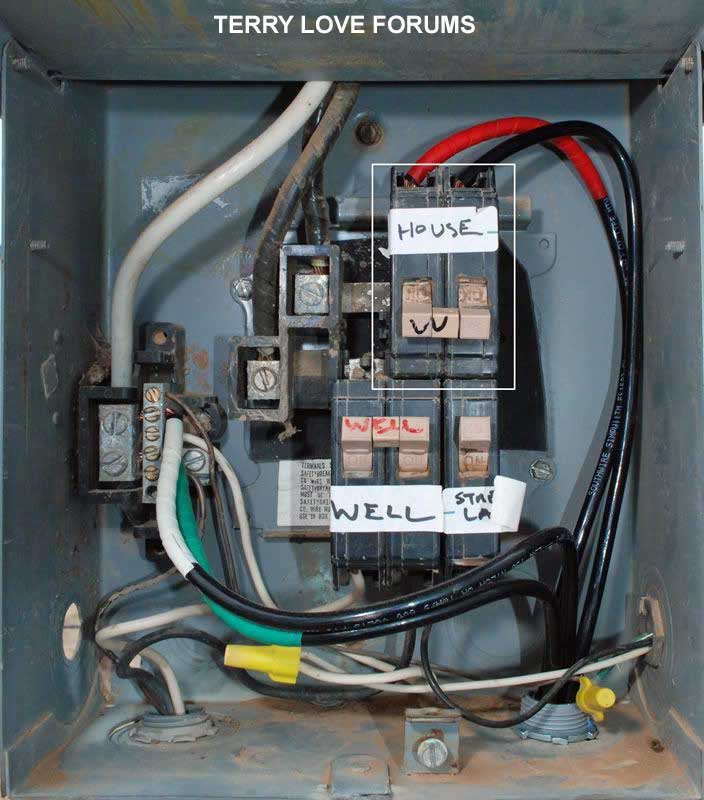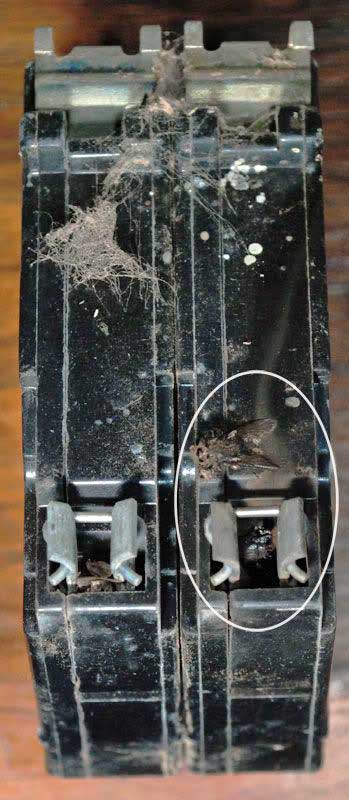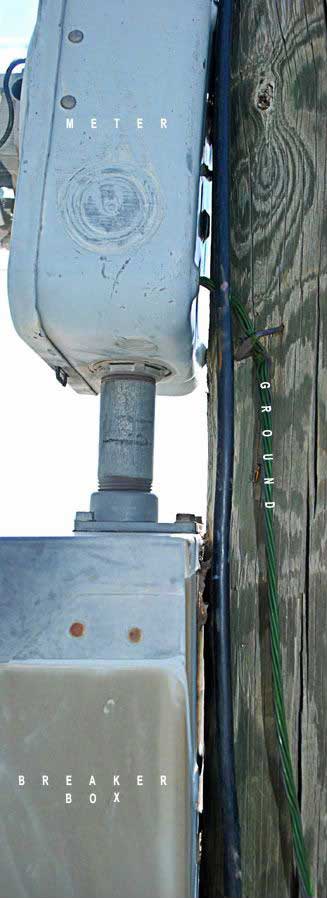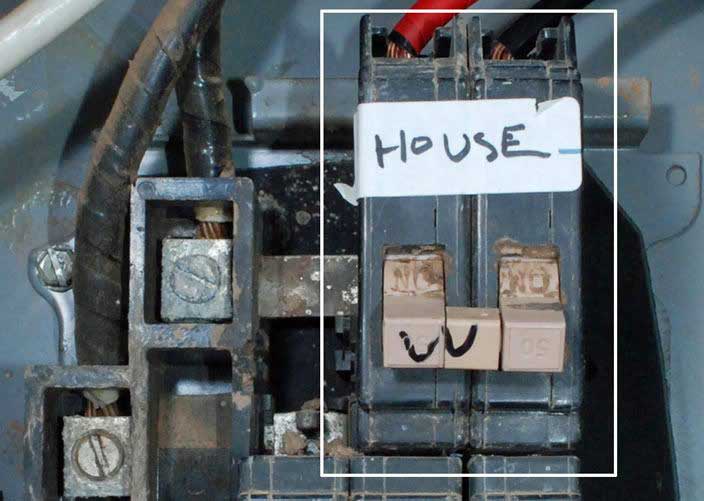The first rule in installing breakers is to have the breaker turned off and no conductors connected to it.
In installing a breaker, the breaker is switched to the off position, but is this stating that wires are not connected to breaker or there is no demand of electricity through the attached wires? Is the breaker placed into the box with the switch off and then wires inserted and tightened into the breaker terminals?
Thanks for the info on the tire and plywood and protective clothing as I was never sure of this. As the elevator operator had the 2-4 inch rubber mat for the moist basement elevator room floor, is there a optimal surface to stand on? Do certain types of shoes make the difference? I read of rated clothing in our utility newspaper and it included extra dense leather gloves that are forearm length, face shield, heavy fire retardant overalls.
I had met a maintenance person who was changing fluorescent bulbs in a warehouse on a metal scaffold and the fixture voltage travelled through his arm and paralyzed forearm muscles for life. My wife's brother died by lightening strike and would prefer me to use an electrician for final hookup. Probably a good idea in these conditions.
I will make sure a real live person is spotting any breaker work, instead of a cell phone. If a shock occurred while handling a breaker, sounds like electricity cycles from the box through the person to the ground, and freezes the person with electrical flow. The second person has to knock installer out of the electrical path with a wood beam or plastic ax handle or tire or anything to prevent them from being shocked. Best to have someone able and not too old or young or drunk or who would not mind watching installer get shocked.
This summer I was hesitant to work on the main even a few days after a monsoon rain; only worked when the ground was dry. With ice, snow, and slush rain present on ground, the only option is a clear sky. Electrician would be a good idea for final hookup as is.
Thanks for the info as i was reading the OSHA guide on how to get electrocuted but was not finding info on how not to get electrocuted!




